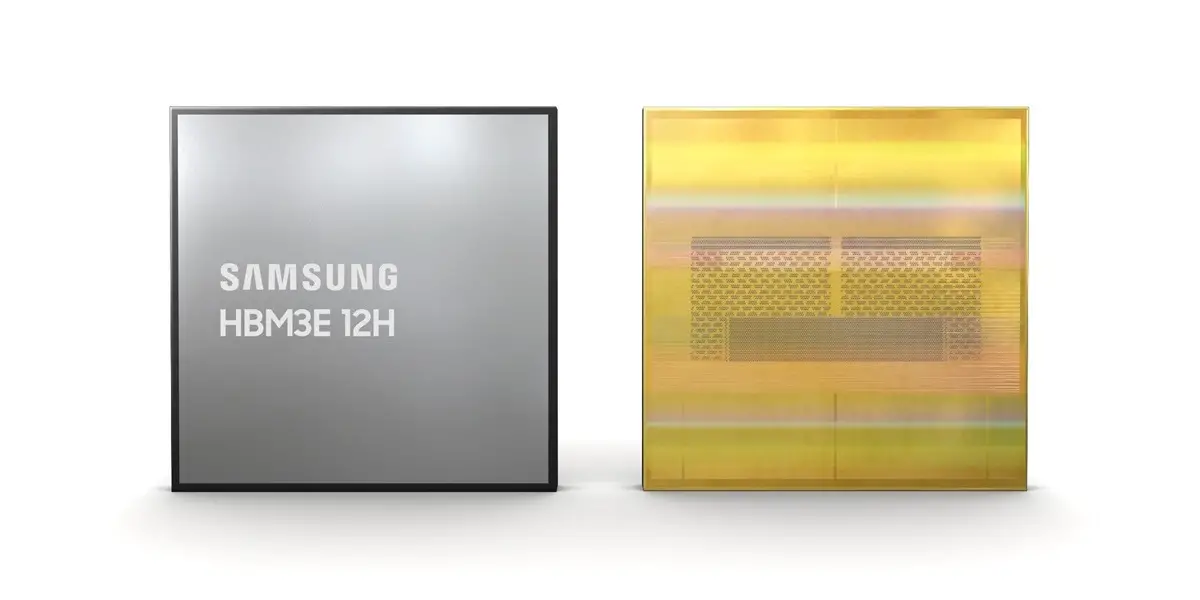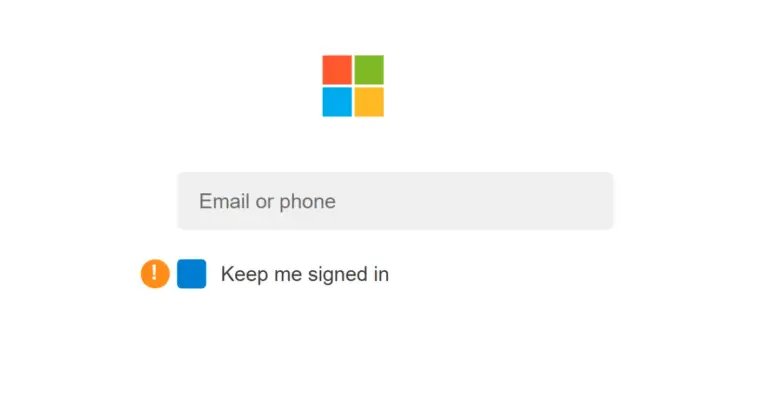
Last year, Samsung began supplying HBM3 samples to NVIDIA for validation in several compute cards, including the H100, in an attempt to penetrate NVIDIA’s compute card supply chain. It was anticipated that Samsung could secure up to 30% of NVIDIA’s HBM3 orders by 2024. However, prolonged failure to pass NVIDIA’s validation has hindered these plans, causing repeated delays. Rumors suggest that Samsung’s HBM3 has issues with heat generation and power consumption.
According to Reuters, Samsung’s HBM3 has now passed NVIDIA’s suitability tests, but large-scale deployment is not yet planned. It is only scheduled for use in the H20 compute card, specifically for the Chinese market. The use of Samsung’s HBM3 in other NVIDIA GPUs remains uncertain and may require additional validation tests, while HBM3E is still under NVIDIA’s evaluation.
Benchmark tests of the previously leaked H20 compute card indicate a 41% reduction in core count compared to the H100, resulting in a 28% performance decrease. Despite the reduced specifications, the H20 has promising sales prospects and has been well-received by customers. NVIDIA is expected to sell over one million H20 units in China in 2024, with each unit priced between $12,000 and $13,000. This translates to sales exceeding $12 billion, surpassing NVIDIA’s total revenue from China in the previous fiscal year.
Sources reveal that in May of this year, Samsung initiated an internal strategic plan codenamed “Nemo,” mandating all departments to prioritize NVIDIA orders, indicating that business related to NVIDIA has become Samsung’s top priority. Previously, Samsung denied rumors that its HBM3 and HBM3E chips failed NVIDIA’s validation due to overheating and high power consumption, emphasizing their commitment to continuous collaboration to ensure product quality and reliability, thereby providing the best solutions to their customers.
Media outlets have reached out to Samsung and NVIDIA for comments, but no official responses have been received yet.


